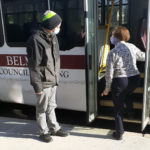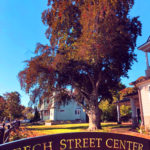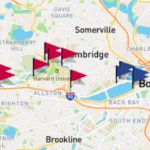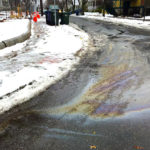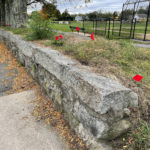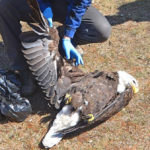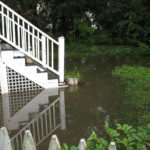
Dear BCF, I live on Clarendon Road and am a town meeting member. The church I attend on Concord Avenue (the First Armenian Church) flooded last week overflowing (Wellington Brook, I presume). The public library next door almost flooded, I am told. What can you tell me about this situation, what do you advise, and is there a town plan in place to mitigate this? Thank you, David Boyajian We asked Anne-Marie Lambert, author of several BCF articles on flooding in Belmont, to respond. Below is an excerpt from her answer, edited for length and clarity. It’s worth checking whether [READ MORE]


